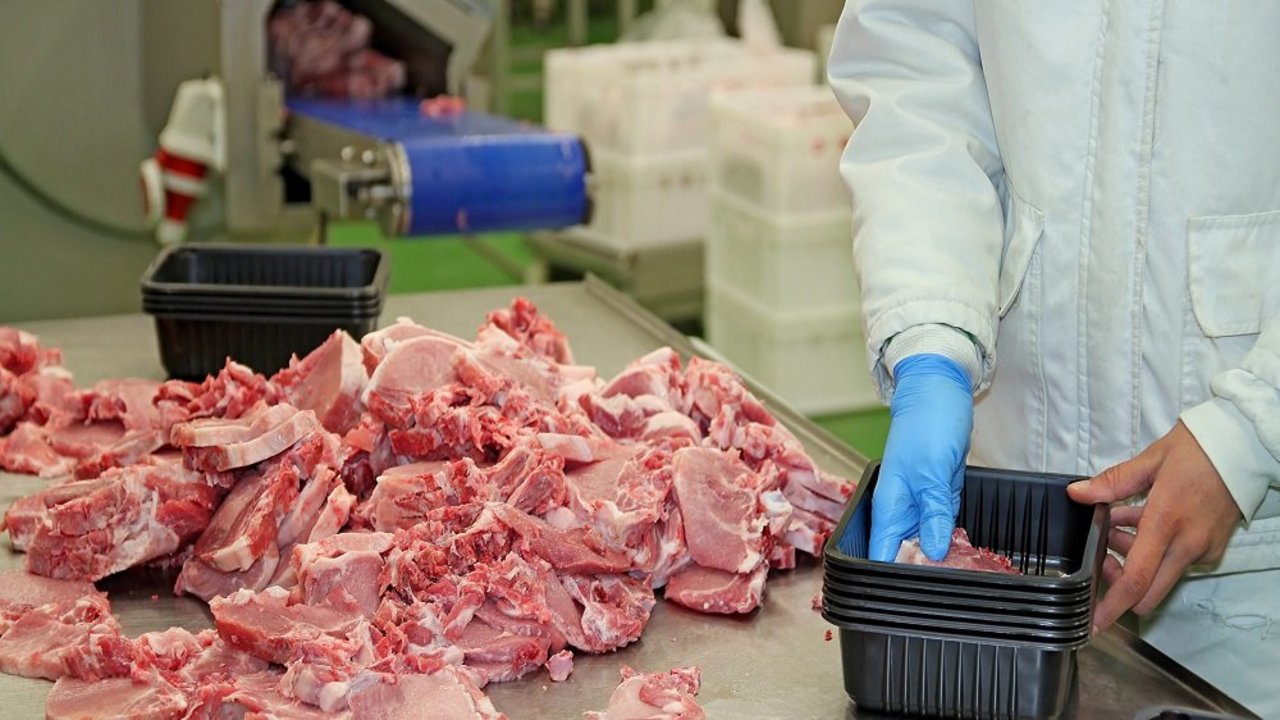He specified that trade relaxations could be introduced within about a month. During this time, Russia will monitor the situation and conduct inspections of European livestock enterprises. Only if they are successfully completed will deliveries of products to the Russian market be reopened. "We have now suspended everything that can carry foot-and-mouth disease. This will be tough for about a month, then we will see whether it will spread or not. There may be easings later, or there may not be any," the head of the department said.
Dankvert specified that this concerns the supply of products not included in the list of the food embargo introduced in 2014, such as industrial fats or pet food. However, he noted that the products must undergo heat treatment, and Europe has stopped checking them. In his opinion, this increases the likelihood of the spread of foot-and-mouth disease. Nevertheless, Russia managed to reach an agreement with Hungary regarding the supply of live animals. Dankvert explained that this country has a quarantine site, and Hungarian specialists themselves conduct research and are willing to provide their results.
Let us recall that the basis for the ban on the export of breeding pigs from the European Union was the outbreak of foot-and-mouth disease that occurred earlier this month in Germany. The outbreak was detected in one of the farms in the eastern region of Märkisch-Oderland (the federal state of Brandenburg), where three of the buffaloes kept there died from the disease. In connection with this, the country lost its status as free from this disease, which it had held for more than 37 years. At first, a full or partial ban on the import of livestock products from Germany was introduced by Russia, Belarus, Argentina, Great Britain, Mexico, the Netherlands and Uruguay. Later, their list was expanded to include Australia, Kazakhstan, Canada, Namibia and South Korea. At the same time, imports to EU countries from safe territories are allowed, but four countries of the bloc have tightened control over them - Belgium, Ireland, the Netherlands and Poland.
